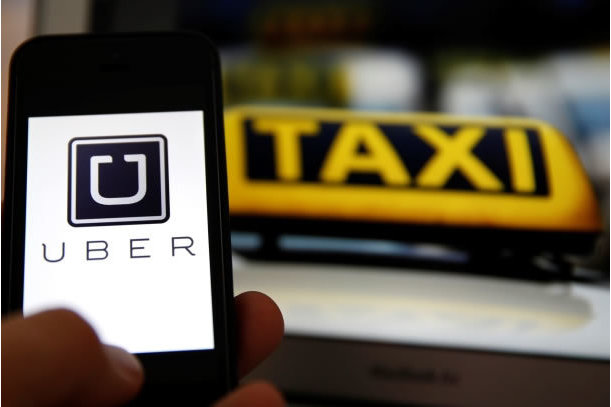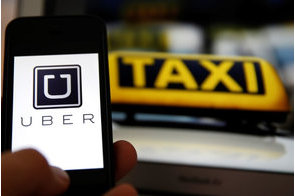Latest News
Uber’s losses since 2014 near $26 billion

News Highlight
Despite the huge losses, Uber grew its gross bookings from $16 billion in 2016 to $90 billion in 2021, an increase of 462%.
A MoneyTransfers analysis of Uber's financial results shows that it has been losing money since 2014. The cumulative losses stand at $25.5 billion. Uber’s non-loss-making year during that period was 2018, when it made a profit of $1 billion. However, it lost $8.5 billion in 2019, making that its worst year in business.
“These losses are primarily due to Uber’s aggressive pricing strategy to gain market share,” said MoneyTransfers CEO, Jonathan Merry, in an analysis shared with Financial Nigeria. He added that the strategy made Uber to give away rides at much lower prices than its competitors while incurring huge costs on marketing. Moreover, the company also spent heavily on driver subsidies, increasing its market share and net revenue from fares declined.
Despite the loss-making trend, Uber’s 2021 results provide a glimmer of hope for the firm’s turnaround. According to the Uber’s financial records, it made losses amounting to $400 million. That figure was the least amount of loss it made in the eight years. Moreover, it represented a roughly 95% reduction from its 2019 loss of $8.5 billion.
The irony in Uber’s loss-making streak is that its other key measures are healthy, wrote MoneyTransfer’s Elizabeth. For instance, it grew its gross bookings from $16 billion in 2016 to $90 billion in 2021, an increase of 462%.
Uber has also expanded its customer base elevenfold from 2015 figures of 11 million. Meanwhile, it has almost doubled its trips from 3.79 billion in 2017 to the current 6.3 billion. As a result, the firm’s revenues have consistently grown to fuel hopes for a near turnaround.
Uber’s expansion drive has run into headwinds both in the U.S and in other countries where it has opened shop. The ride-hailing company faces cutthroat competition from other taxi-hailing firms, including Didi Chuxing and Lyft.
It also faces regulatory hurdles related to its relationship with its drivers in many countries. Most of these cases are in the US, where taxi drivers and their federations are fighting for better labour terms. However, Uber’s biggest setbacks have been in Europe, where Germany, the Netherlands, and the UK have ruled in favour of the drivers.
Story based on the analysis by MoneyTransfers.
Related News
Latest Blogs
- The Museum of West African Art saga
- The complexity and complication of Nigeria’s insecurity
- Between bold is wise and wise is bold
- Prospects of port community system in Nigeria’s maritime sector
- Constitutionalism must anchor discipline in Nigerian Armed Forces
Most Popular News
- NDIC pledges support towards financial system stability
- Artificial intelligence can help to reduce youth unemployment in Africa – ...
- Green economy to surpass $7 trillion in annual value by 2030 – WEF
- ChatGPT is now the most-downloaded app – report
- Africa needs €240 billion in factoring volumes for SME-led transformation
- CBN licences 82 bureaux de change under revised guidelines






